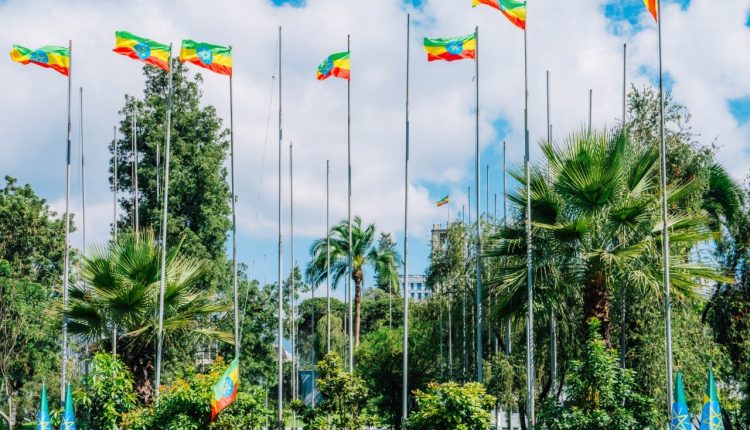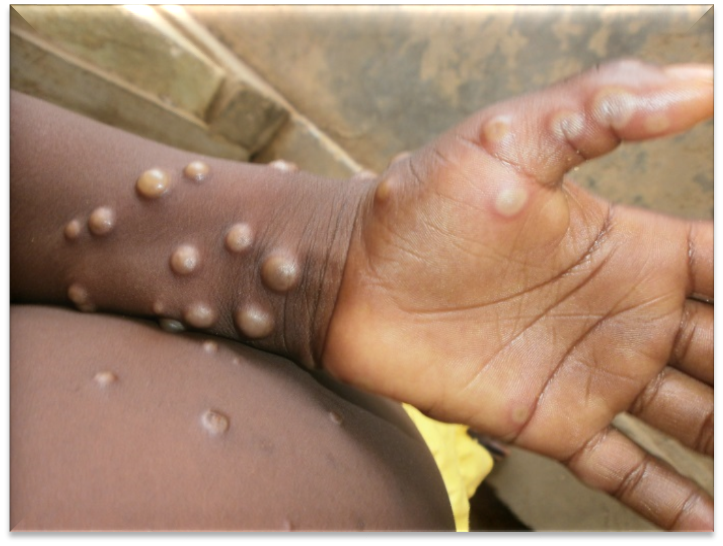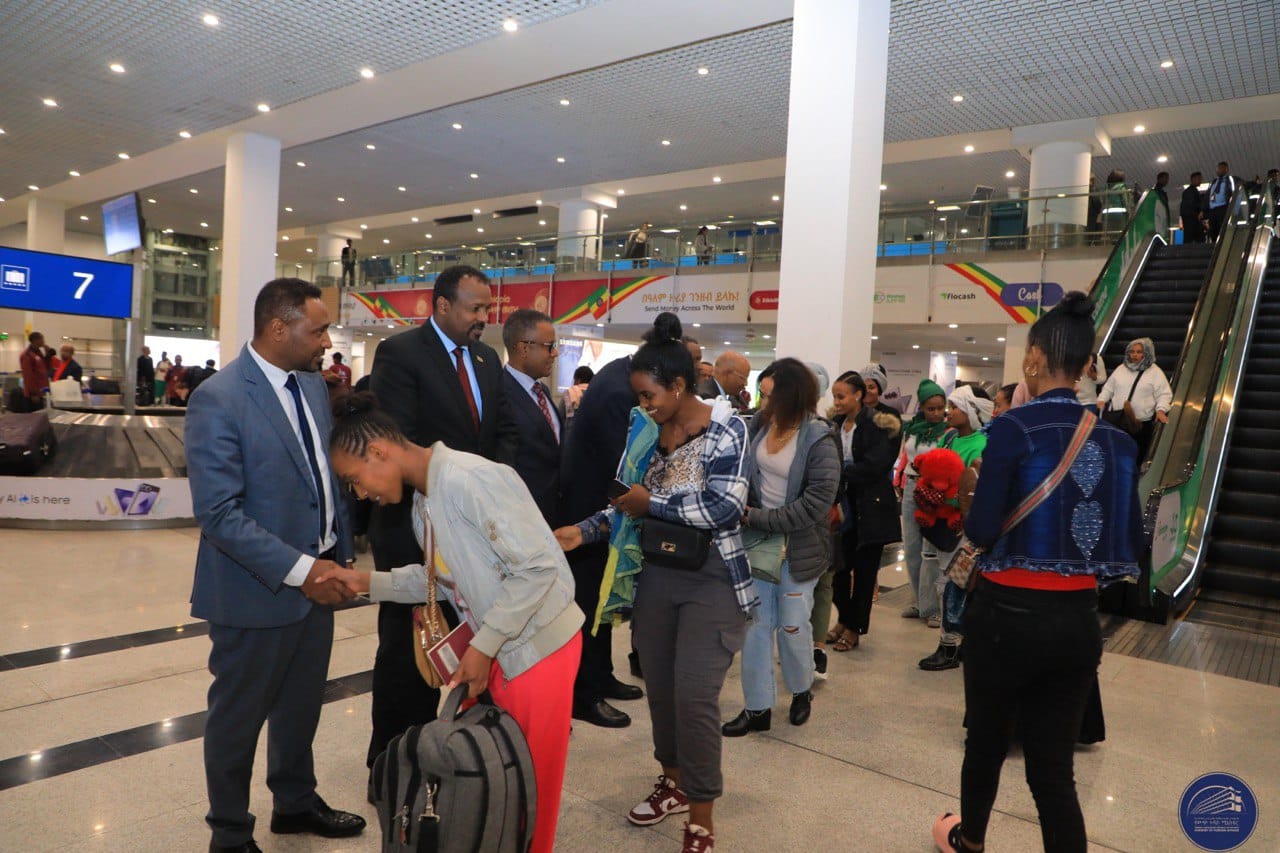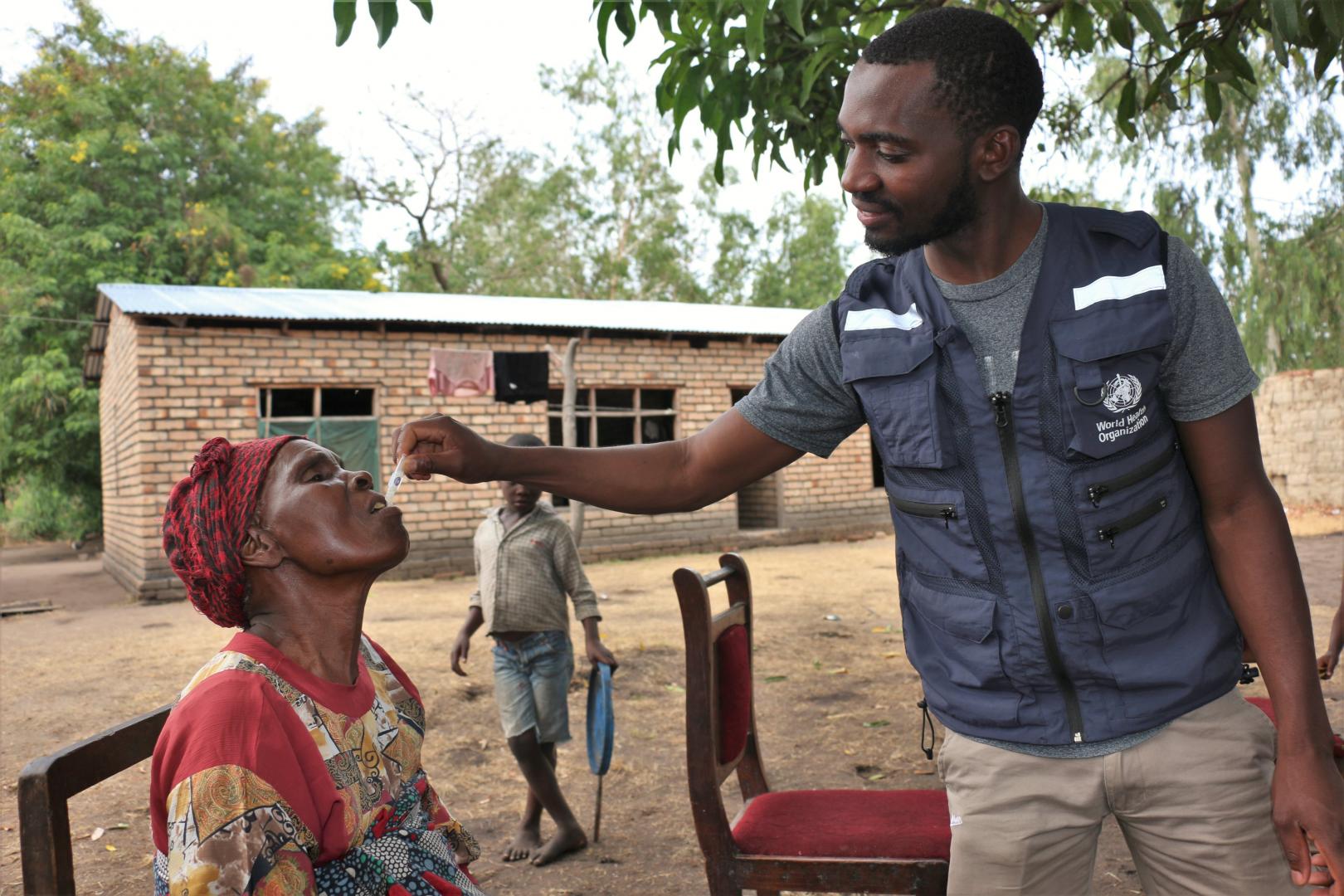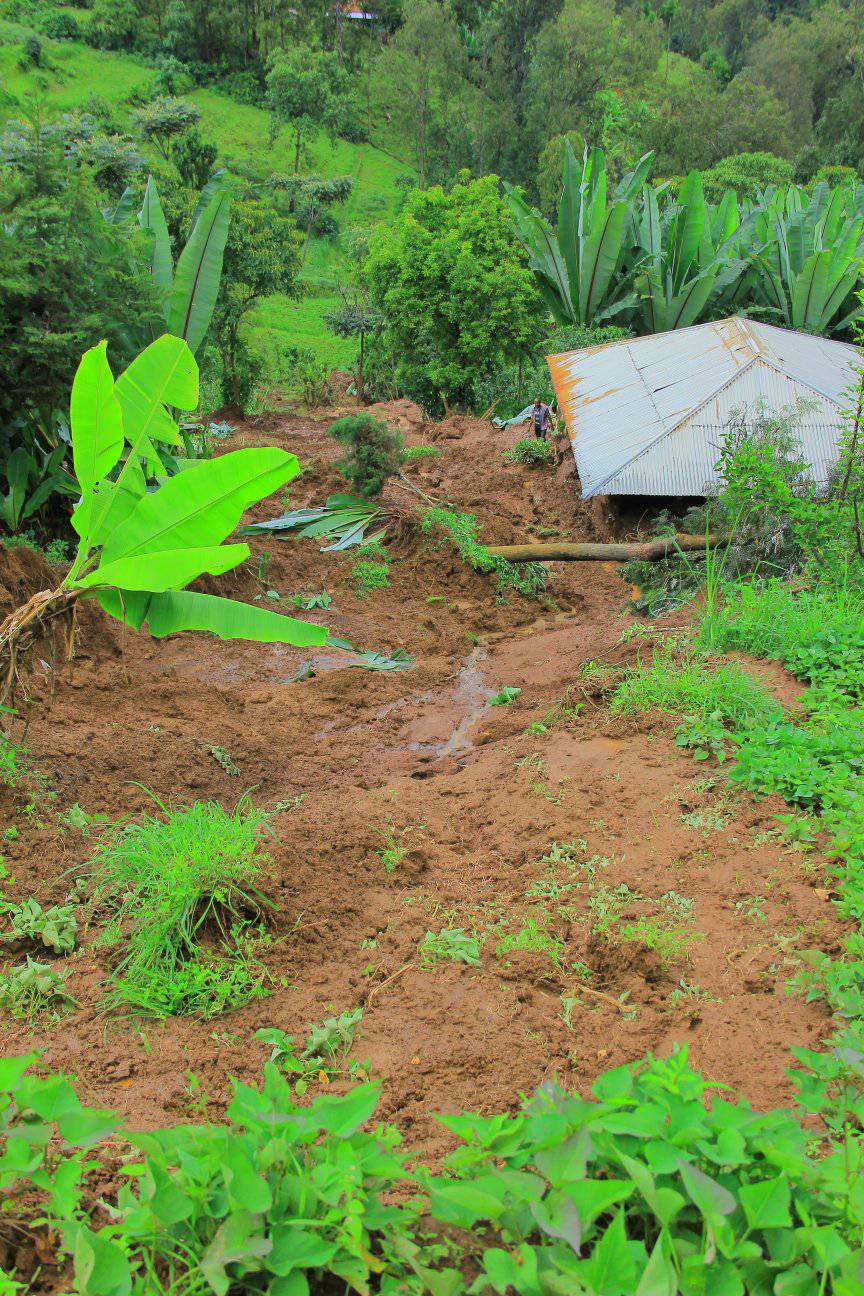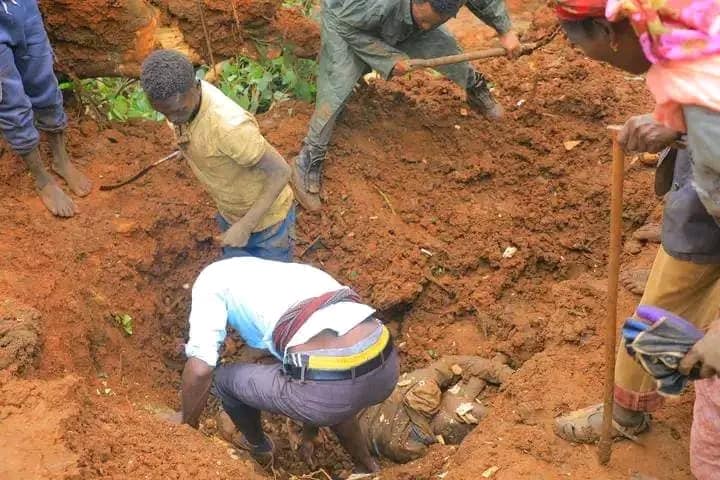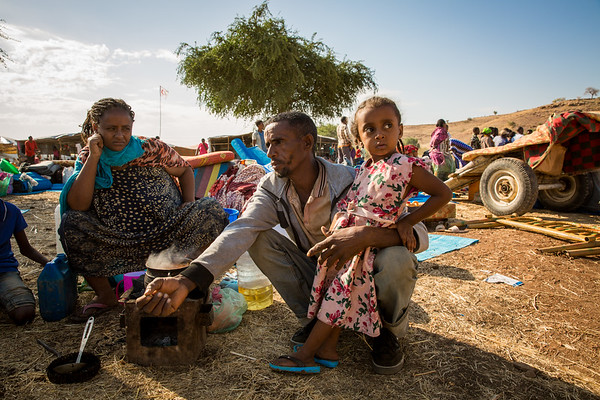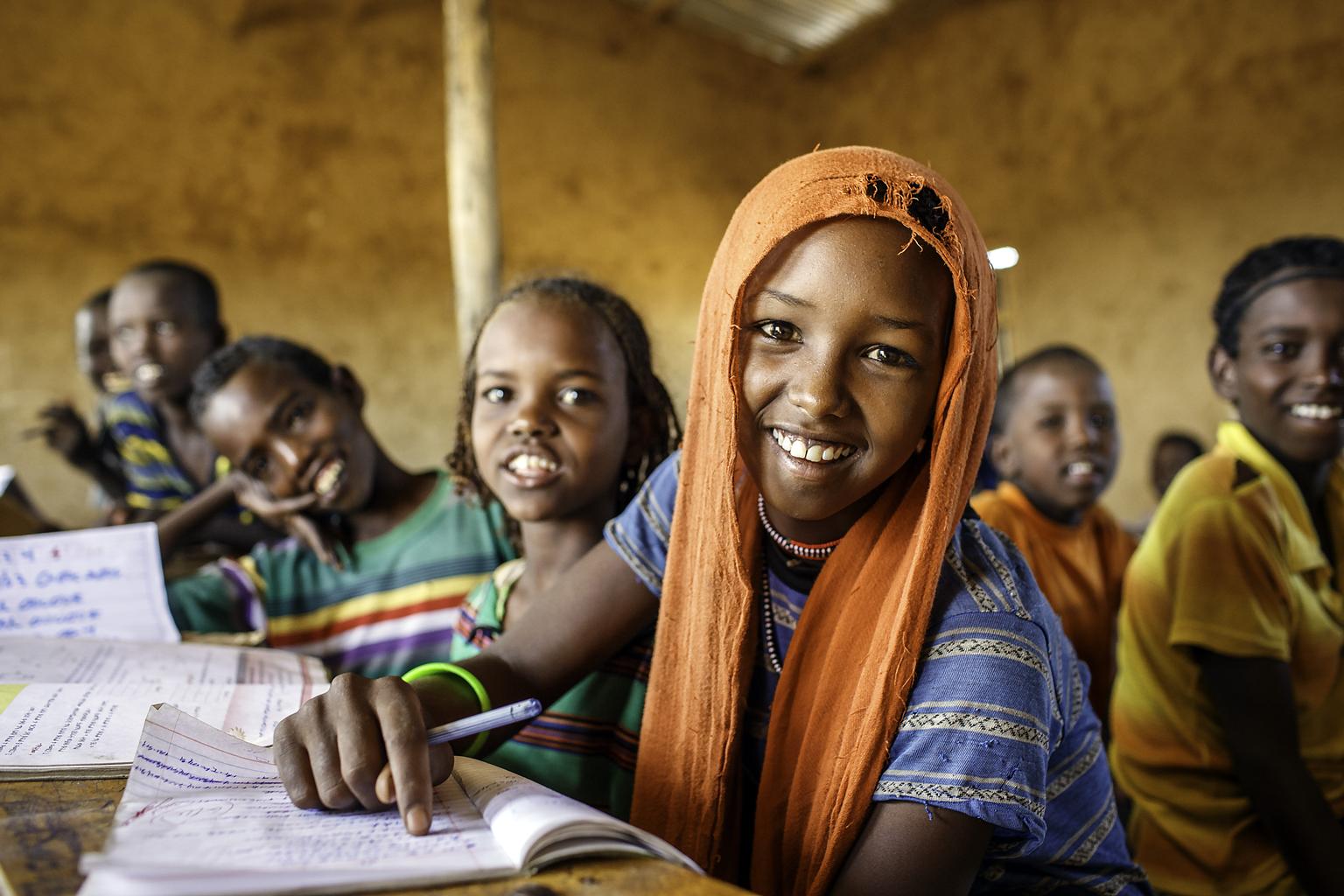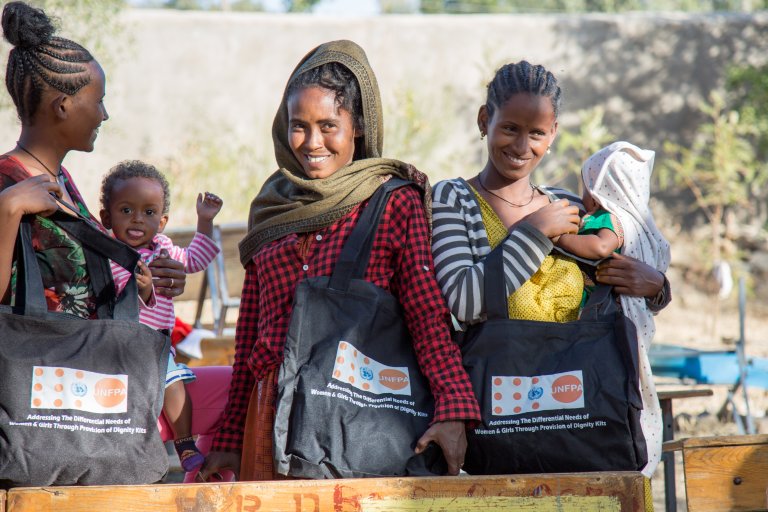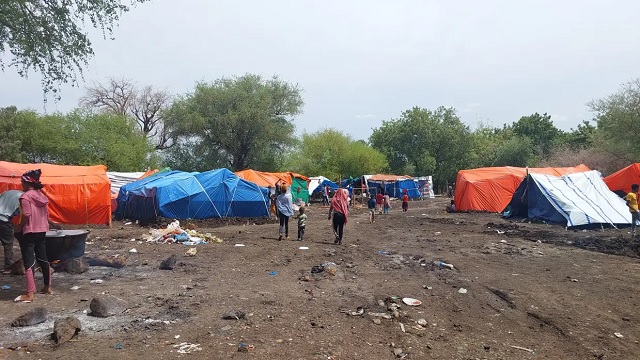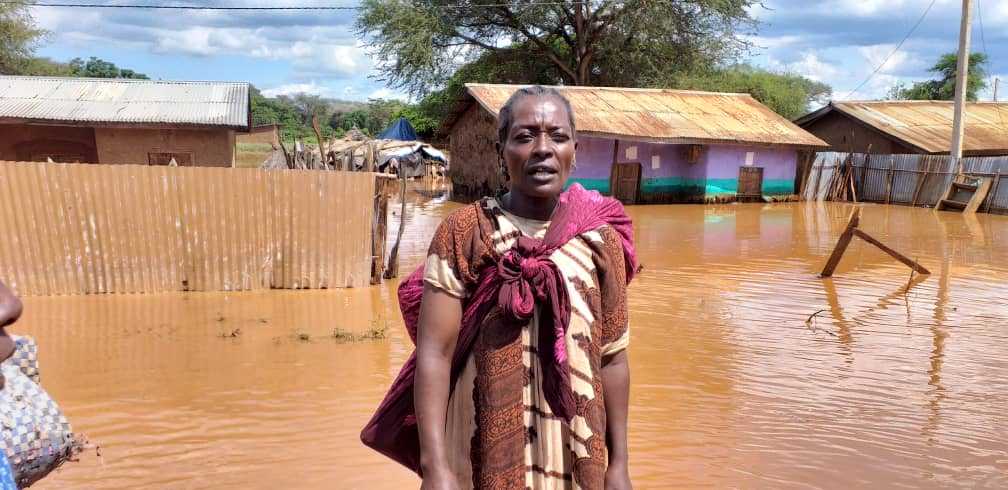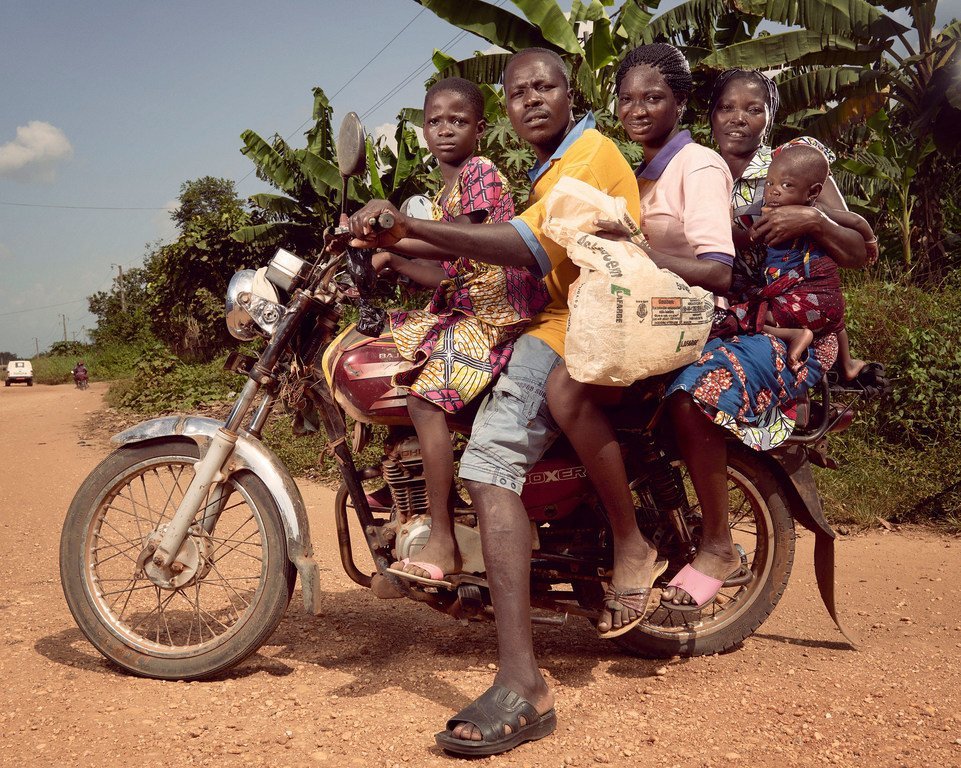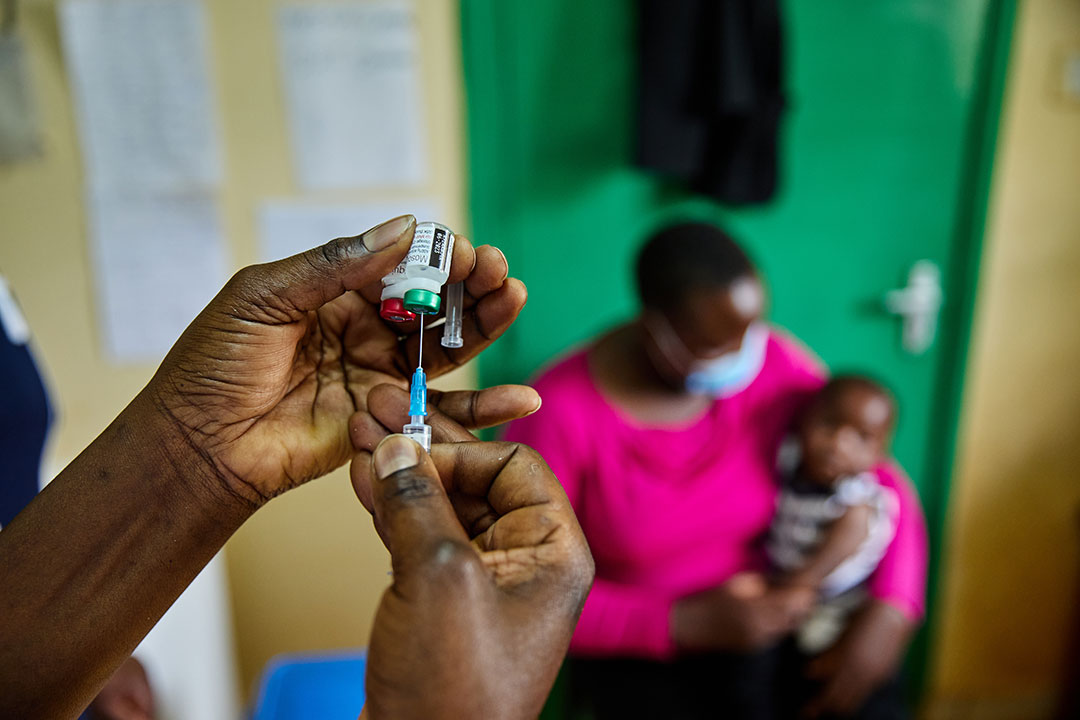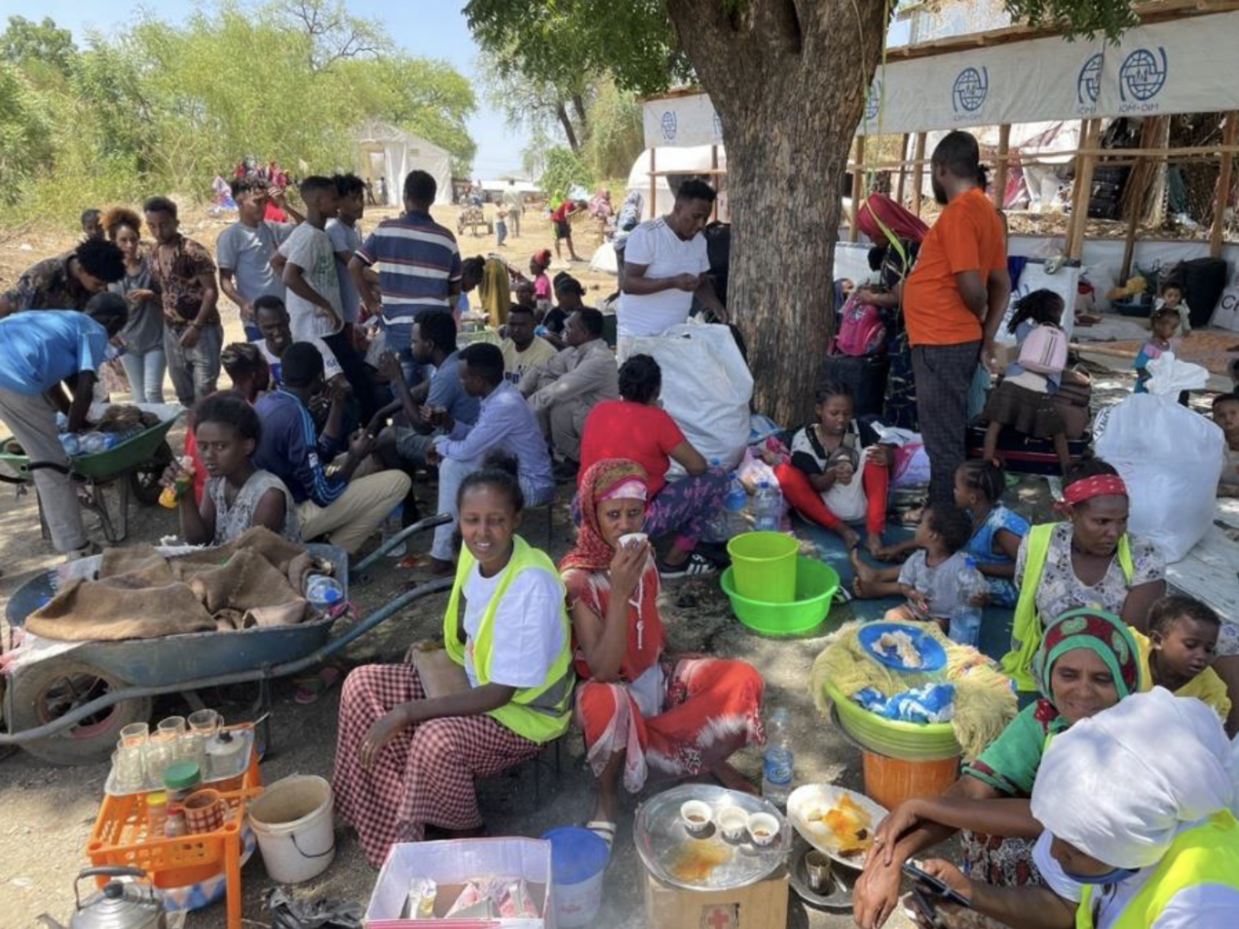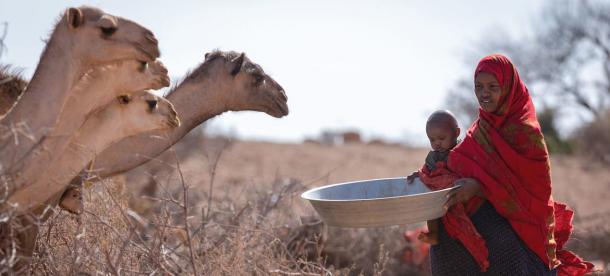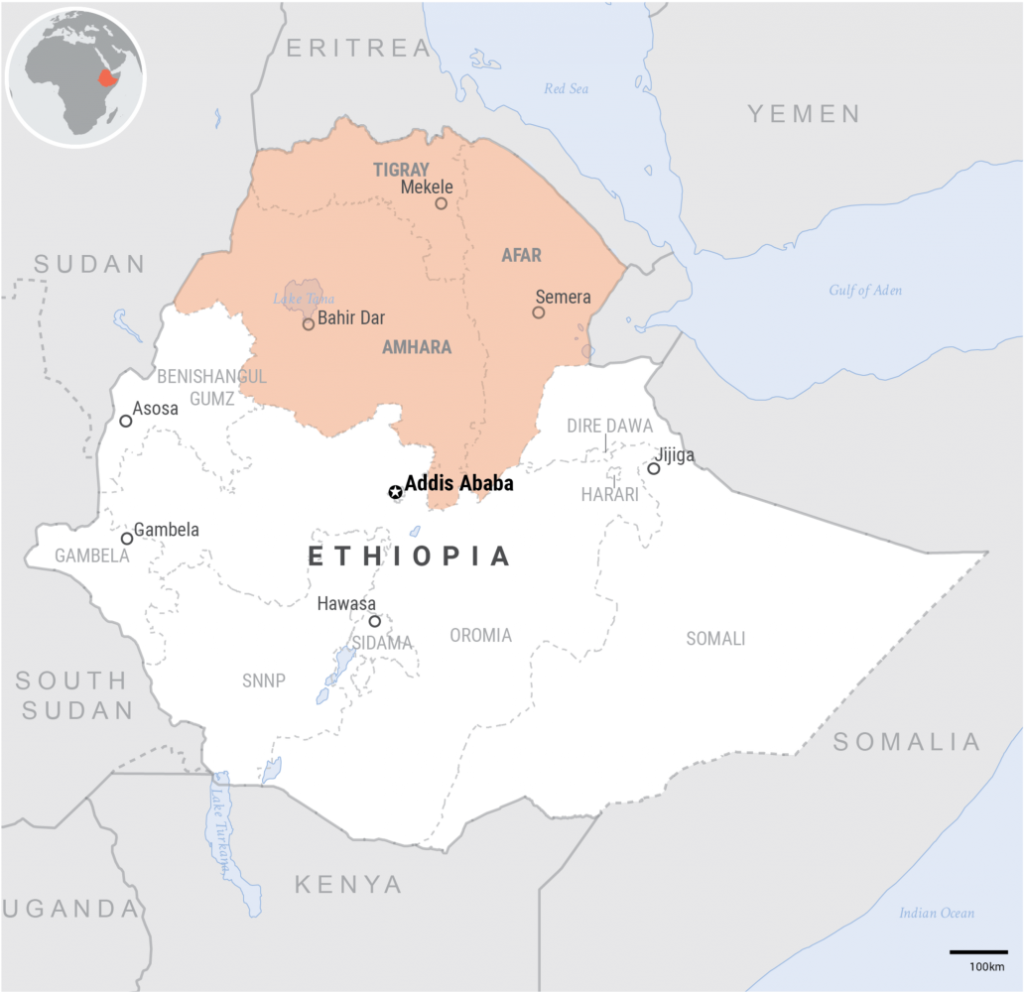
ADDIS ABABA, May 10 (EI) –The Economic Commission for Africa (ECA) has released a new report proposing to African nations various coronavirus disease (COVID-19) exit strategies following the imposition of lockdowns that helped suppress the virus but with devastating economic consequences.
On Sunday, the Africa Center for Disease Control and Prevention (Africa CDC) disclosed that the number of confirmed COVID-19 cases across the African continent surpassed 60,657 as the death toll from the ongoing COVID-19 pandemic reached 2,115 as of Sunday afternoon.
At least 42 African countries applied partial or full lockdowns in their quest to curtail the pandemic.
The ECA estimates that a one-month full lockdown across Africa would cost the continent about 2.5 percent of its annual GDP, equivalent to about 65.7 billion U.S. dollars per month. This is separate from and in addition to the wider external impact of COVID-19 on Africa of lower commodity prices and investment flows.
In the new report titled; COVID-19: Lockdown exit strategies for Africa, the ECA proposes seven exit strategies that provide sustainable, albeit reduced, economic activity. The report sets out some of the exit strategies being proposed and tried around the world and outlines the risks involved for African countries.
With the lockdowns came serious challenges for Africa’s economies, including a drop in demand for products and services; lack of operational cash flow; reduction of opportunities to meet new customers; businesses were closed; issues with changing business strategies and offering alternative products and services; a decline in worker production and productivity from working at home; logistics and shipping of products; and difficulties in obtaining supplies of raw materials essential for production.
Among the most sensitive issues facing policymakers is the impact of COVID-19 lockdowns on food security.
The seven lockdown exit strategies being proposed by the think tank are identified from proposals and trials around the world. They are assessed with respect to the extent to which each strategy minimizes uncertainty over fatalities. In most cases, countries are applying a combination of several strategies such as testing, contact tracing and gradual segmented reopening.
They are improving testing; lockdown until preventive or curative medicines are developed; contact tracing and mass testing; immunity permits; gradual segmented reopening; adaptive triggering; and mitigation.
Under adaptive triggering nations can ease lockdown once infections decline and re-impose if they begin to rise above intensive-care capacity. These would require regular shutdowns lasting two-thirds of the year, making little difference to permanent lockdown from an economic perspective. African health-care capacity is limited meaning capacity would quickly be exceeded, potentially resulting in fatalities.
Mitigation gradually allows the infection to spread across the population with some social distancing measures in place. It is reportedly working in Sweden, where an estimated 25–40 per cent of Stockholm have contracted COVID-19, but relies on good adherence to basic social distancing measures and strong health-care capacity. This could imply considerable risk in African populations with low health-care access and unknown comorbidities.
Firms surveyed by the ECA reported to be operating at only 43 per cent; 70 per cent of slum dwellers report that they are missing meals or eating less as a result of COVID-19.
Lockdowns, the report notes, forestall severe vulnerabilities, and that testing, contact tracing and easing restrictions may be possible for countries with sufficient public health systems and that have contained COVID-19 transmission, put in place preventive measures, engaged and educated communities, and minimized risks to vulnerable groups.
Gradual segmented reopening may be needed in countries where containment has failed with further measures to suppress the spread of the disease being required where the virus is still spreading, notes the report. The spread of the virus is still accelerating in many African countries on average at 30 percent every week.
Active learning and data collection can help policymakers ascertain risks across the breadth of policy unknowns as they consider recommendations to ease lockdowns and move towards a “new normal”.
The report urges African nations to take advantage of being behind the curve. This may be an opportunity to learn from the experiences of other regions and their experiments in reopening; and to use the “extra time” afforded by the lockdowns to rapidly put in place testing, treatment systems, preventive measures, and carefully design lockdown exit strategies in collaboration with communities and vulnerable groups.

